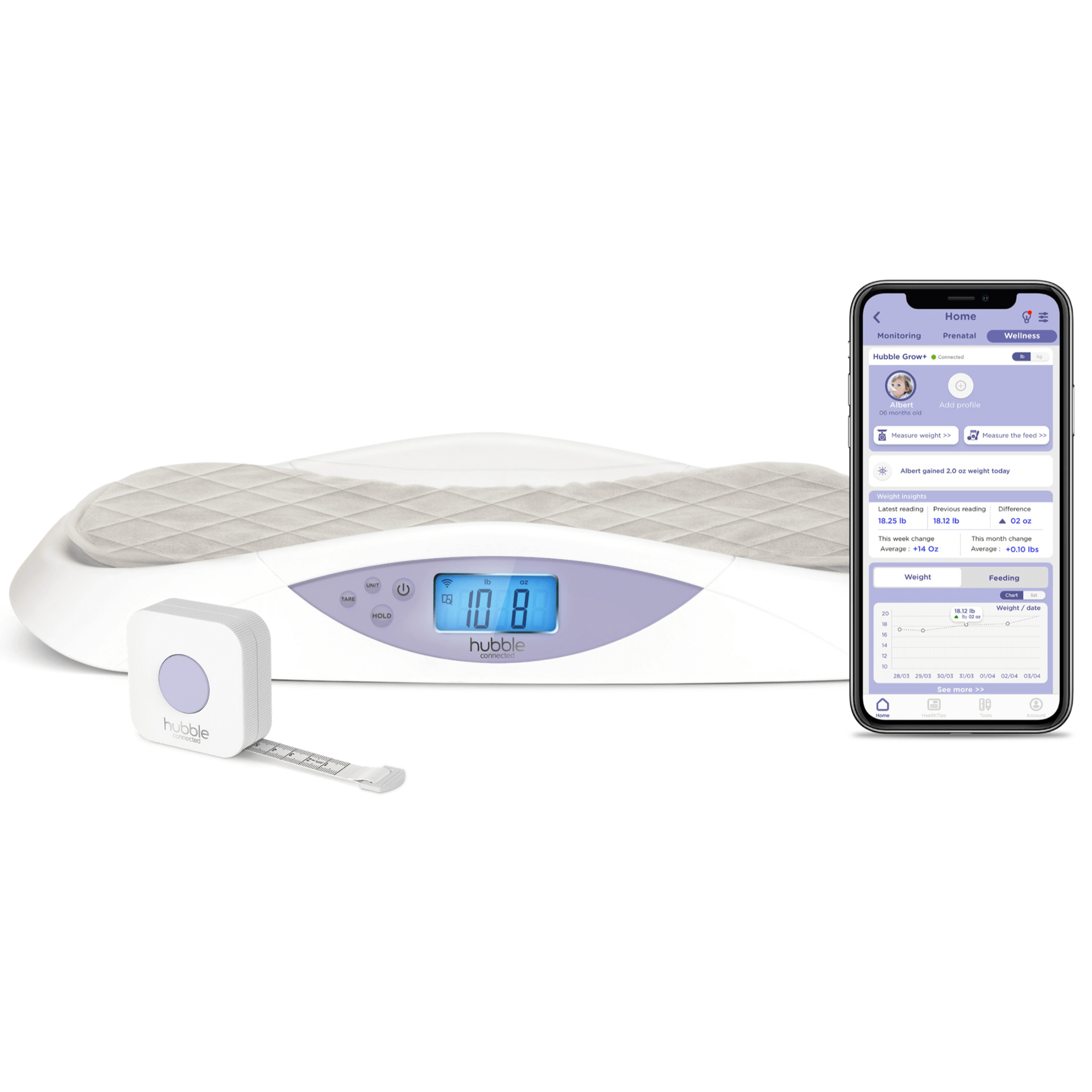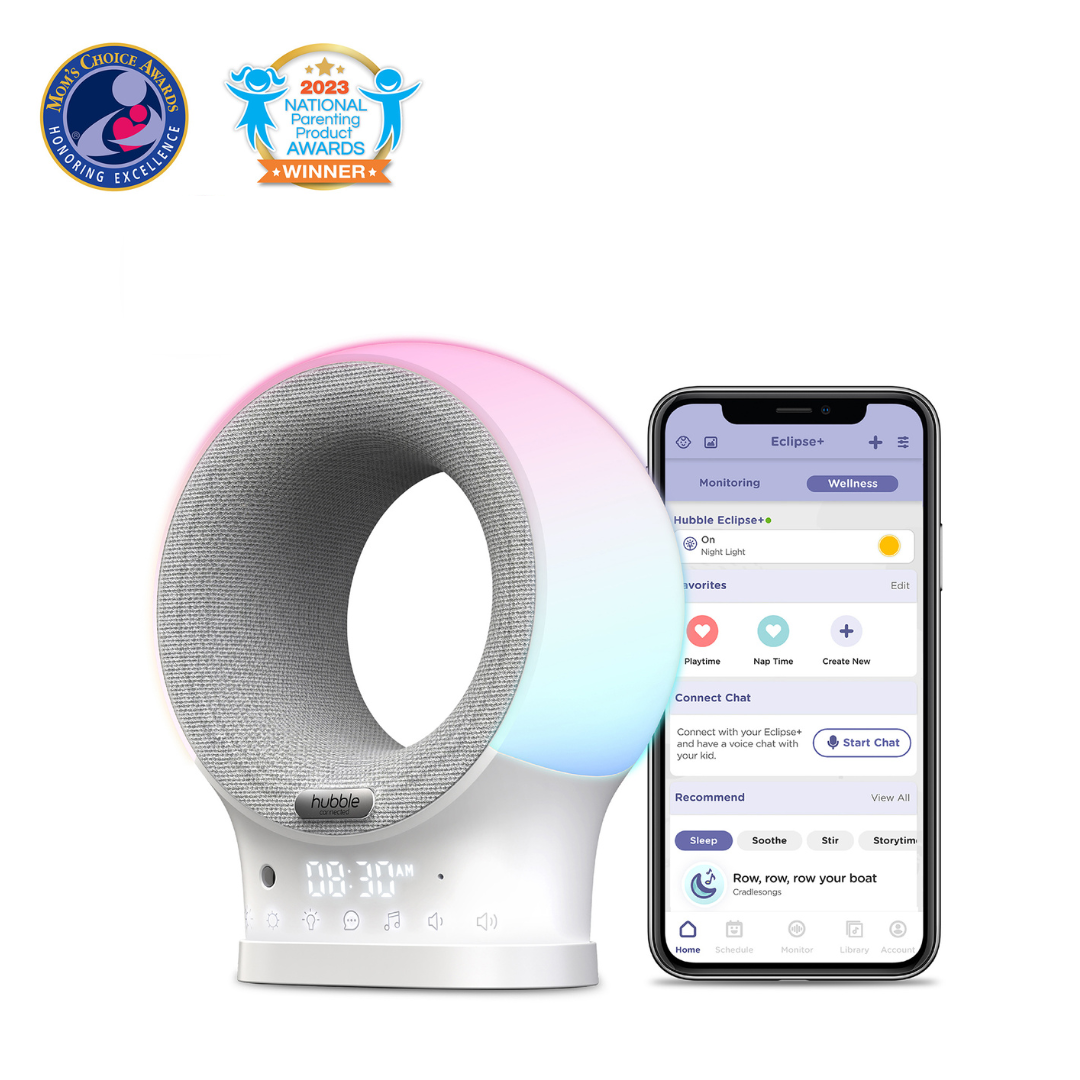- Changes the baby’s temperament
- Causes premature birth
- Causes low birth weight
- All of the above
A is the right answer
A and B are the right answers
C is the right answer
D is the right answer
Answer: D
Reason:
When the mother's body produces high-stress hormones, it decreases the oxygen supply to the uterus. A study has shown that a mother's elevated stress levels affect her child's temperament and neurodevelopmental progress.
- Quitting smoking
- Discontinuing steroids
- Having frequent sex
- Following a healthy diet
- All of the above
A is the right answer
B is the right answer
D is the right answer
E is the right answer
Answer: E
Reason:
Smoking can harm the DNA of sperm. Steroids can affect sperm production by reducing sperm count. Sperm stored for too long in the testicles get damaged. So, ejaculate or have sex 2-3 times a week. Antioxidants and vitamin-rich foods, such as green leafy vegetables and seasonal fruits, can enhance sperm health.
- 4-5 days
- 28 days
- On average, it lasts about 28 days, although this can vary.
- 30 days
A is the right answer
B and C are the right answers
C is the right answer
Answer: C
Reason:
The menstrual cycle is measured from the first day of one menstruation period to the next. It takes about 28 days on average but differs from woman to woman. Menstruation will happen every 21 to 35 days and last two to seven days.
- True
- False
Answer: B
Reason:
For every monthly cycle, there are only a few fertile days when women can conceive.
- On the 14th day
- The periods before and after menstruation
- The ovulation period
A is the right answer
A and C are the right answers
B is the right answer
Answer: C
Reason:
A woman can only get pregnant if she has sex during her fertile window, the time just before and including her ovulation date (when an egg is released from her ovary). This is when she has the highest chance of getting pregnant.
- 28 days
- Up to 2 days
- Up to 24 hours
- Up to 5 days
Answer: D
Reason:
Sperm can live up to five days in a woman's body during her fertile days. An increase of estrogen a few days before ovulation promotes a more sperm-friendly environment, which aids their longevity.
- 28 days
- Up to 2 days
- Up to 24 hours
- Up to 5 days
Answer: C
Reason:
A woman's egg will last for up to 24 hours after she has ovulated.
- True
- False
Answer: A
Reason:
OPK (Ovulation Predictor Kit) is a test to determine your ovulating days so that you can plan your pregnancy accordingly.
EWCM (Egg White Cervical Mucus) is a form of cervical fluid formed just before ovulation, which is the most fertile time.
BBT (Basal Body Temperature) is the body's temperature at complete rest. BBT rises during ovulation. Tracking BBT will help you determine your ovulation period. It is a simple and inexpensive process for pregnancy planning.
Scale: If your score is three or lower out of eight, you need to work hard to improve your knowledge. If you score 3-6 correct answers, you are almost there, but you need to brush up on your knowledge. If you score 6-8 correct answers, well done! You are all prepared for happy motherhood.













Share: